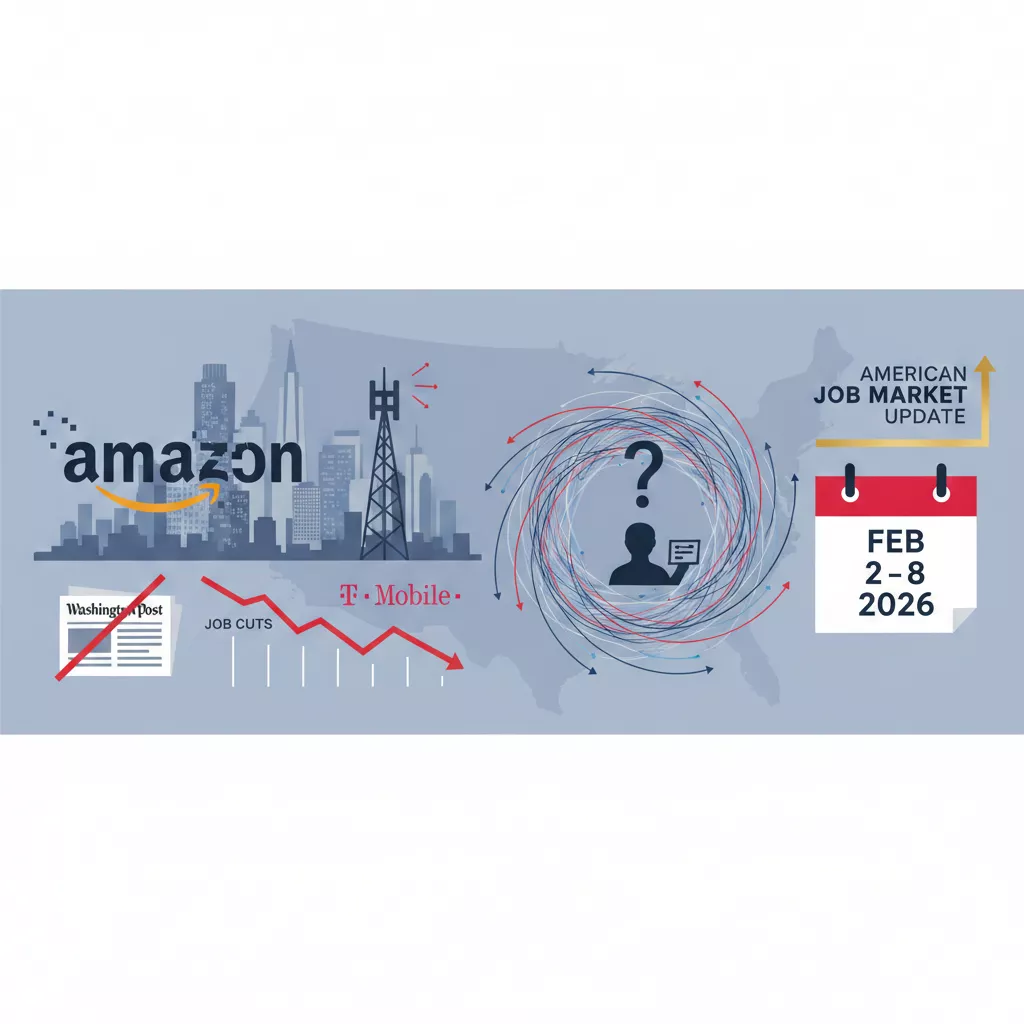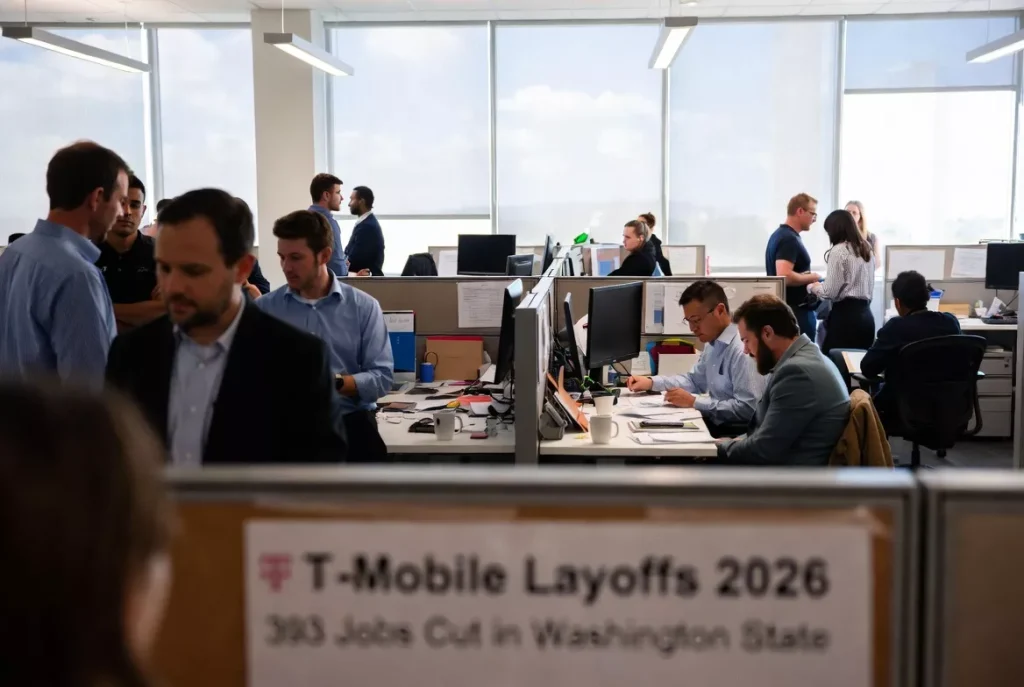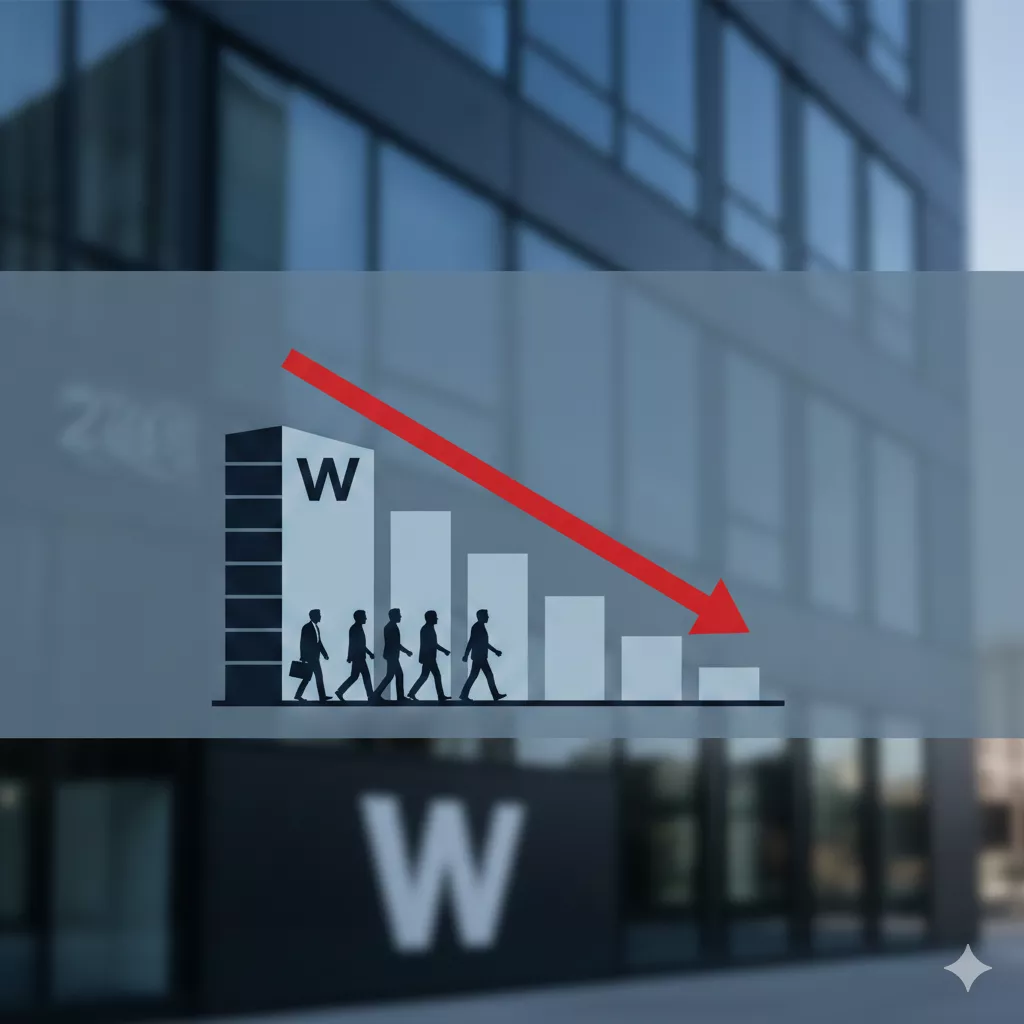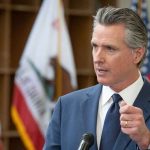How Elon Musk and Jeff Bezos Turned “Impossible” into Reality with First Principles Thinking

Introduction: From Chaos to Innovation
Imagine a sprawling hangar filled with scattered debris—twisted metal, broken components, and a team of determined individuals sifting through the remnants. This isn’t a scene of destruction but the birthplace of revolution. The image above captures the early days of SpaceX, where Elon Musk and his team dismantled conventional wisdom to build rockets at a fraction of NASA’s cost. Paired with a snapshot of Jeff Bezos at Amazon, hunched over a desk with the iconic “Amazon.com” sign, these images tell a story of ingenuity that has reshaped industries. Welcome to the power of First Principles Thinking—a 2,300-year-old method that turned “impossible” into reality.
What is First Principles Thinking?
First Principles Thinking, rooted in the philosophies of Aristotle and refined by modern innovators, is about breaking problems down to their fundamental truths and rebuilding solutions from the ground up. Unlike traditional reasoning by analogy—where we tweak what’s already been done—this approach challenges assumptions and ignores the “rules” that limit progress. As Elon Musk once said, “You can’t solve a problem if you don’t challenge the assumptions behind it.”
The Musk Method: Revolutionizing Space Travel
In 2002, Musk faced a daunting challenge: sending a rocket to Mars on a shoestring budget. Conventional wisdom dictated that rockets cost $65 million each—a price tag far beyond his means. Most would have given up, but Musk asked a groundbreaking question: “What is a rocket made of?” His answer? Steel, titanium, aluminum, and carbon fiber—raw materials he calculated to cost just $2 million. This realization birthed SpaceX, a company that now launches rockets for 2% of NASA’s cost, proving that innovation thrives when you strip away the noise and focus on essentials.
The chaotic hangar scene symbolizes this mindset. Every piece of debris was a lesson, every failure a step toward success. Today, SpaceX’s Starship aims for a launch cost of just $10 per kilogram, a testament to Musk’s relentless pursuit of first principles.
The Bezos Blueprint: Redefining Commerce
Meanwhile, Jeff Bezos applied a similar philosophy to transform retail. The second image shows Bezos in a modest office, a far cry from the tech giant Amazon would become. Facing skepticism about rapid delivery and cloud computing, Bezos banned PowerPoint presentations, which often rely on analogies and opinions. Instead, he mandated 6-page narrative memos to force his teams to distill problems into root causes and facts.
This first-principles approach gave us Amazon Web Services (AWS), the world’s largest cloud provider, Amazon Prime, and the Amazon Marketplace, which now accounts for over 60% of its sales. From a garage startup to managing over 130 million stocking units, Bezos turned customer-centric truths into a global supply chain empire.
How to Apply First Principles Thinking
Ready to unleash your inner innovator? Here’s a simple 3-step guide inspired by these visionaries:
- Define the Problem Clearly: Identify what you’re trying to solve. Is it too expensive to start a business? Too slow to deliver a product?
- Break it Down to Undeniable Truths: Ask, “What are the basic elements?” For an online store, this might be cheap digital storefronts, global shipping, and automated marketing.
- Rebuild from the Ground Up: Ignore “normal” solutions and create something new. The result? Platforms like Shopify emerged from this logic.
Inspiring Lessons for Today
The stories of Musk and Bezos are more than business triumphs—they’re a call to action. First Principles Thinking is hard because it demands we question deeply ingrained beliefs, but it’s this rarity that makes it powerful. Whether you’re an entrepreneur, a student, or a dreamer, this method can unlock solutions where others see dead ends.
As we stand on August 14, 2025, with technology evolving at breakneck speed, the lessons from these pioneers remain timeless. Musk’s rockets soar higher, and Bezos’ supply chain sets new benchmarks—proof that when you think from first principles, the impossible becomes inevitable.













